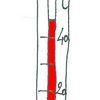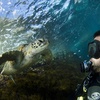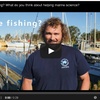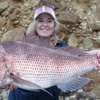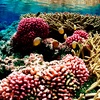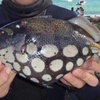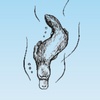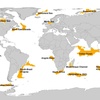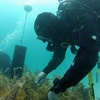
Kelp beds transplanted to Tasmania to help reveal effects of climate change
In a world-first study, scientists have transplanted kelp off the coast of Tasmania to better understand the impact of climate change, writes ABC Online. The kelp, which grows from northern New South Wales around to Western Australia, provides an ecosystem for hundreds of marine species. Now it is thinning and becoming patchy because of warming waters. Read the full story here at ABC Online.



